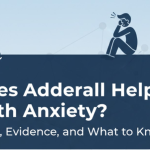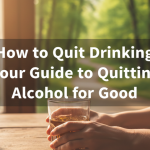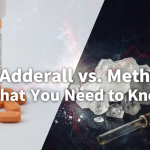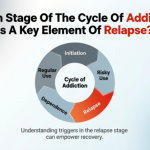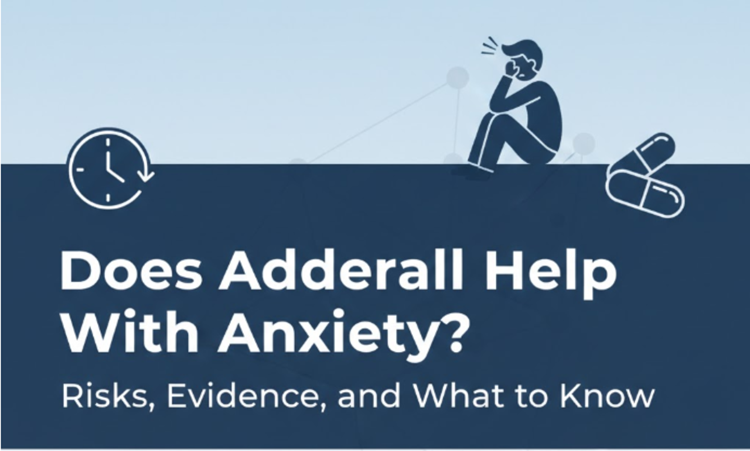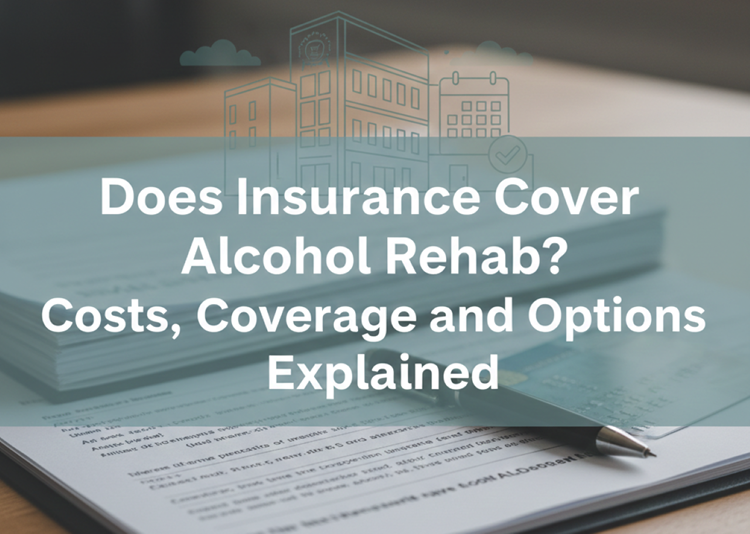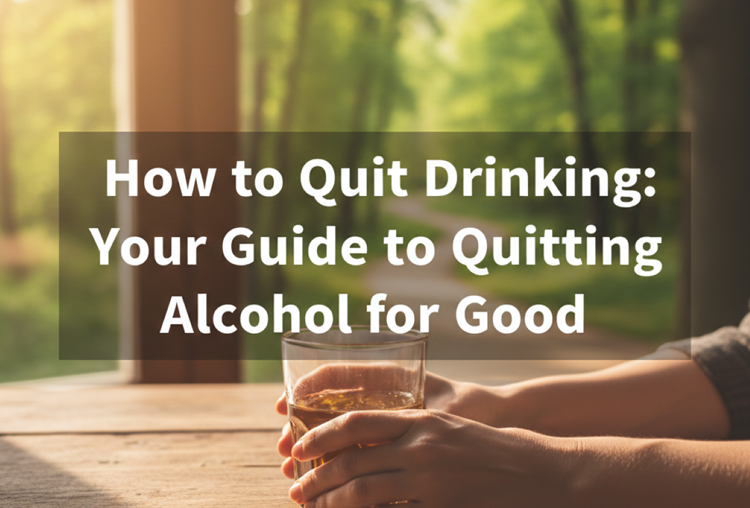Seeking help for drug and alcohol abuse can significantly improve your life. While it may be difficult to envision life without substances right now, recovery is possible. After deciding to get help, the next step is to identify the type of treatment that best suits your needs. Consulting with a physician or mental health professional and assessing your requirements will help clarify the appropriate path forward.
In drug and alcohol rehabilitation, patients typically engage in either inpatient or outpatient treatment. While both options offer similar services—such as individual therapy, group therapy, and medication management—they differ in the amount of clinical hours and supervision provided.
What’s the Difference Between Inpatient and Outpatient Rehab?
The main difference between inpatient and outpatient rehab is that in an inpatient program, you stay at the treatment facility for the entire program duration. In contrast, outpatient treatment allows you to return home at night, often enabling you to continue working or attending school.
While both inpatient and outpatient rehab programs offer similar types of therapies and interventions, the intensity of care may differ. Both treatment options typically include a mix of evidence-based behavioral therapy, medications, and recovery support services.
It’s important to understand that while you may prefer outpatient treatment, it isn’t always the best or most suitable option. Factors such as the severity of addiction, risks associated with substance withdrawal, and the presence of co-occurring mental health or medical conditions can influence the appropriateness of this treatment setting.
Inpatient Treatment
Inpatient recovery programs require patients to enter a safe environment to treat substance use disorders and mental health conditions. During this time, patients live in a treatment center where they get medical care and emotional support around the clock.
Many people start inpatient treatment with medically supervised detox. This process helps the body get rid of the substance while healthcare professionals monitor it. They work to keep the individual safe and comfortable, often using medication to ease withdrawal symptoms.
You may be better suited to inpatient treatment if you have any of the following conditions:
- You feel that you need intense withdrawal management.
- You are living with other medical conditions or mental health disorders.
- You are in need of continual nursing care.
- You may benefit from being around a community of others working towards addiction recovery.
Benefits of Inpatient Treatment
- Comprehensive care for co-occurring mental health conditions
- Medical and therapeutic support 24/7
- A setting free of situations or people that could trigger cravings in early-stage recovery
During inpatient treatment, you can expect to be admitted for about 28 days on average. During your stay, you will have regular individual and group therapy sessions. Participating in recreational therapy such as yoga classes, art therapy, and meditation is also common.
Psychiatrists and psychologists will be available to help identify and address any medication needs you may have or work with you in planning treatment for any mental health conditions you may have.
100% Confidential Support is Available 24/7
No matter what you’re going through, you’re not alone. Our dedicated team is here to provide a safe, judgment-free space where you can talk openly and honestly. Whether you need emotional support, resources, or just someone to listen.
We’re here for you—completely confidential and always respectful of your privacy. Call us today!
Outpatient Treatment
During outpatient rehab, you can expect to maintain your regular daily activities. Outpatient treatment can be scheduled around work hours to prevent interruptions, providing flexibility while ensuring a high standard of care.
There are a variety of outpatient levels of care to suit your unique treatment needs. Intensive outpatient programs (IOPs) provide 9 to 19 hours of structured weekly activities.
If you seek more support, partial hospitalization programs (PHPs) offer 20 or more hours weekly.
For those needing less traditional outpatient programs usually provide up to 9 hours a week for those needing less.
Outpatient treatment programs may be a good fit for you if:
- You are dealing with less severe substance use disorder symptoms.
- You have childcare and transportation as necessary to get to and from daily treatment.
- You are not in need of intensive psychological or medical treatment.
- You have a strong social support network outside of your treatment program.
- You have already completed an intensive inpatient program.
Benefits of Outpatient Treatment
- Provides you with the flexibility to continue working.
- Allows you to live at home and carry out daily responsibilities.
- Allows you to have more options for the intensity of your treatment.
- It is often more affordable than inpatient treatment programs.
Intensive outpatient programming can be just as effective as inpatient treatment for substance use disorders for many people. However, your unique situation might benefit more from inpatient care.
Your provider will thoroughly assess your resources and health conditions to determine what fits your needs best. If you do have the chance to join an outpatient program, it’s encouraging to realize that its effectiveness is on par with inpatient options.
Contact Solutions Healthcare
Battling with Drug and Alcohol Addition? Remember, you are not alone and we are here to help you!
Deciding What is Right for You
Finding the right rehabilitation option is takes careful consideration. Understanding the differences in inpatient and outpatient treatments is a great first step.
Talking to a licensed mental health counselor, doctor, or addiction specialist can give you helpful guidance on understanding your needs and finding a program just for you.
Let us help you take the next step in your recovery journey. At Solutions Healthcare, we will help you identify the reasons for your addiction and give you the tools to discover the best path forward in treatment.
Contact us today to get started on your lasting recovery journey.







